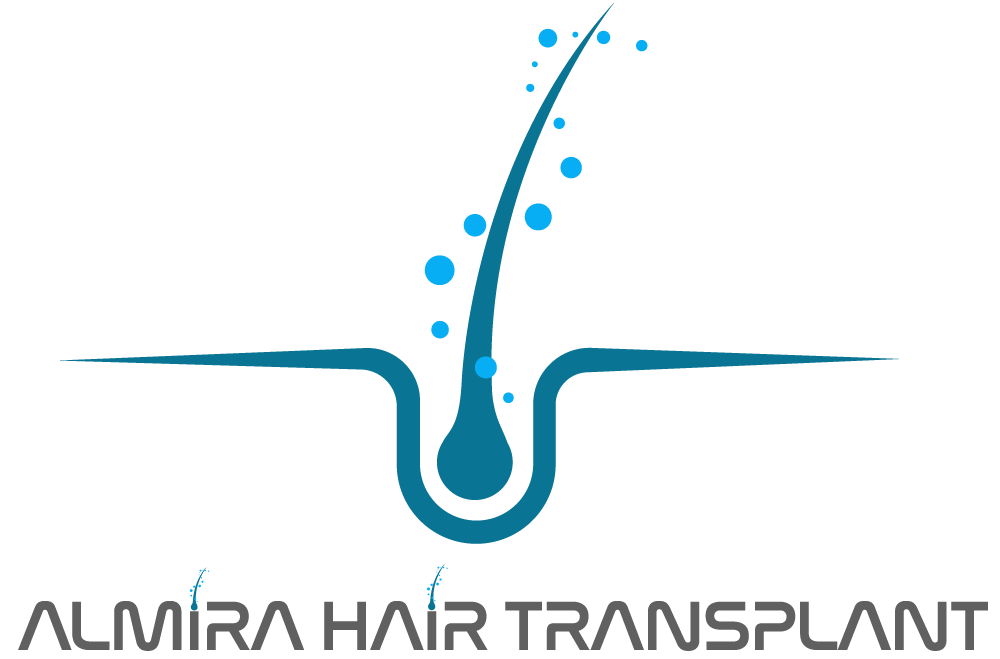Post-Hair Transplant Nutrition: Which Foods Support Hair Growth?

Post-Hair Transplant Nutrition: Which Foods Support Hair Growth?
Hair transplantation is a permanent and effective solution for individuals experiencing baldness and hair loss. However, the procedure alone is not enough; proper nutrition plays a crucial role in accelerating the healing process and ensuring the newly transplanted hair grows strong and healthy.
This article will discuss the importance of nutrition after a hair transplant, the best foods for hair growth, and which foods to avoid.
1. The Importance of Nutrition After a Hair Transplant
For the newly transplanted hair follicles to establish themselves properly and enter a fast growth phase, the body must be supplied with essential vitamins and minerals.
Benefits of a Proper Diet After a Hair Transplant:
✔ Boosts blood circulation, ensuring more oxygen and nutrients reach the hair follicles.
✔ Speeds up cell regeneration, aiding in the healing process.
✔ Promotes strong, shiny, and healthy hair growth.
✔ Reduces the risk of infection and strengthens the immune system.
For these reasons, paying attention to dietary habits after a hair transplant significantly impacts the success of the procedure.
2. Best Foods for Hair Growth
A post-hair transplant diet should be rich in proteins, vitamins, minerals, and healthy fats. Here are the best foods that support hair growth:
a) Protein-Rich Foods
Hair strands are primarily composed of keratin, a type of protein. Therefore, adequate protein intake promotes hair growth.
Best Protein Sources:
- Lean red meat (rich in iron and zinc)
- Chicken and turkey
- Fish (salmon, tuna, sardines)
- Eggs (contain biotin, which supports hair growth)
- Legumes (lentils, chickpeas, beans)
- Yogurt and kefir
b) Omega-3 Fatty Acid-Rich Foods
Omega-3 fatty acids strengthen hair follicles, nourish the scalp, and reduce inflammation.
Best Omega-3 Sources:
- Salmon, mackerel, sardines
- Chia seeds and flaxseeds
- Walnuts and almonds
- Olive oil and avocado
c) Iron and Zinc-Rich Foods
Iron deficiency is one of the leading causes of hair loss. Zinc, on the other hand, strengthens hair follicles.
Best Iron and Zinc Sources:
- Red meat and liver
- Leafy green vegetables (spinach, chard, kale)
- Shellfish (oysters, shrimp, mussels)
- Nuts (pumpkin seeds, almonds, hazelnuts)
- Whole grains (brown rice, oats, quinoa)
d) Biotin (Vitamin B7)-Rich Foods
Biotin supports keratin production, helping hair grow stronger and healthier.
Best Biotin Sources:
- Egg yolks
- Almonds, walnuts, hazelnuts
- Sweet potatoes and carrots
- Bananas and avocados
e) Vitamin C and Vitamin E-Rich Foods
These vitamins protect hair follicles from damage caused by free radicals and boost blood circulation to the scalp.
Best Vitamin C and E Sources:
- Oranges, kiwis, strawberries, grapefruit
- Almonds, sunflower seeds, hazelnuts
- Spinach, broccoli, bell peppers
- Olive oil and avocado
f) Hydration: The Key to Healthy Hair
Dehydration can make hair follicles dry and brittle.
✔ Drink at least 2-3 liters of water per day.
✔ Herbal teas and natural fruit juices can also be beneficial.
3. Foods to Avoid After a Hair Transplant
Certain foods can negatively affect blood circulation, slow down hair growth, and delay the healing process. These should be avoided:
a) Processed and Fast Food
✘ Processed foods high in saturated and trans fats can weaken hair follicles.
✘ Fast food items can cause inflammation in the scalp.
b) Sugary and High-Carbohydrate Foods
✘ Excess sugar accelerates cell aging and contributes to hair loss.
✘ White bread, pastries, and sugary drinks should be avoided.
c) Caffeine and Alcohol
✘ Excessive caffeine can dry out hair follicles and negatively impact blood circulation.
✘ Alcohol can hinder nutrient absorption, slowing the post-transplant healing process.
4. Sample Post-Hair Transplant Nutrition Plan
| Meal | Suggested Foods |
|---|---|
| Breakfast | Eggs, whole-grain bread, avocado, walnuts, green tea |
| Snack | Yogurt, almonds, dried fruits |
| Lunch | Grilled salmon, spinach salad, olive oil-based vegetables |
| Snack | Chia seed smoothie |
| Dinner | Chicken or turkey, quinoa, broccoli |
| Night | Herbal tea, hazelnuts, oatmeal with yogurt |
5. Conclusion
A proper diet after a hair transplant helps ensure stronger hair follicles, a faster healing process, and healthy hair growth.
- Consume protein, iron, zinc, omega-3, and biotin-rich foods.
- Avoid processed foods, excessive sugar, and alcohol/caffeine.
- Drink plenty of water and follow a well-balanced diet plan.
By paying attention to nutrition, you can significantly improve the success of your hair transplant results.


